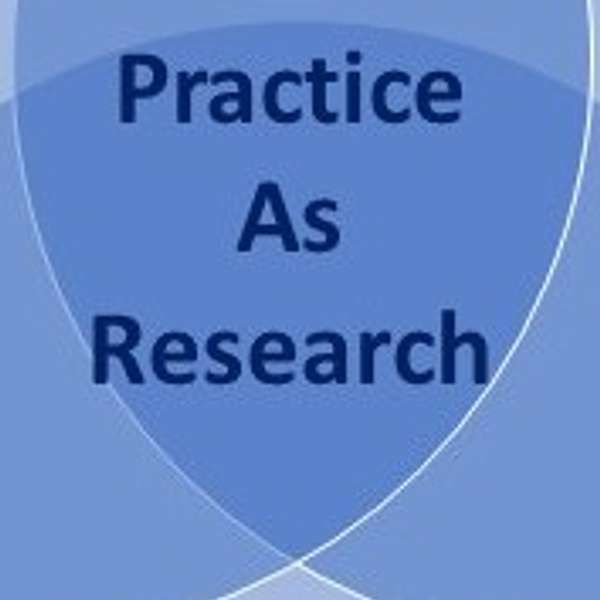
Practice As Research
Practice As Research
Ethics with More-Than-Human Participants
Use Left/Right to seek, Home/End to jump to start or end. Hold shift to jump forward or backward.
In this seminar, Dr Kay Sidebottom discusses how to ethically account for environment, atmosphere and presence of non/human others in research.
As qualitative researchers, we know (but perhaps don’t always acknowledge) how much the environment, atmosphere and presence of non/human others can affect our enquiries. In our attempts to apply the ‘God-trick’ (Haraway, 1988) of the all-seeing, all-knowing objective observer we are encouraged to mitigate for bias, minimise variables, and account for distractions. However, when we ignore the non-human participants always-already involved in our projects (the bee at the window; the wind in our hair; the cat on our lap) we miss the opportunity to create new meaning and consider research as ‘event’, as human participants entangle with the naturalised others that necessarily shape their experience and understanding.
In this session we will think about the implications of inquiry in a world of multiplicity, which does not situate humans as discrete containers but bodies with the capacity to be affected and affect others. We will also explore what the implications are for considering the role of more-than-humans in our ethical practices. In a world where ethics is often a human-centred, initial tick-box exercise, what might a more expansive and inclusive approach mean for the process of our enquiries?
Dr Kay Sidebottom is a Lecturer in Education, and Programme Director for a new MSc Education at the University of Stirling. Her current research explores how teachers can work with posthuman ideas to facilitate meaningful and disruptive education spaces for our complex times. With a background in community and adult education, her pedagogical specialisms include critical, radical and anarchist education, arts-based practice and community philosophy.